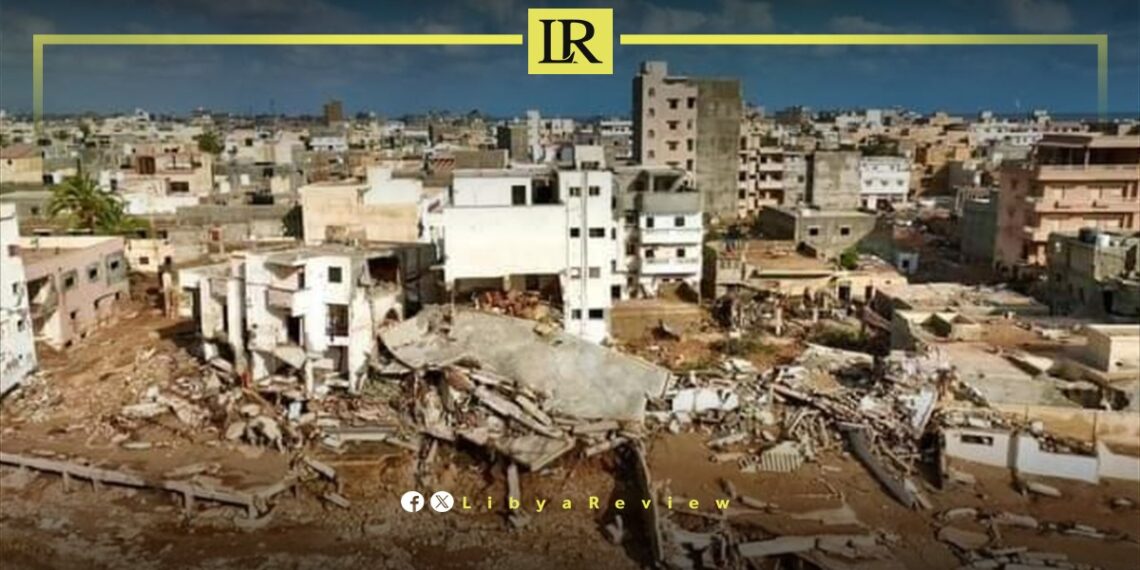On the second anniversary of Storm Daniel, Libya’s Reconstruction and Development Fund issued a statement reaffirming its commitment to rebuilding the city of Derna and other affected areas, pledging to restore them to a condition “even more beautiful than before.”
The fund emphasized its promise to the people of Derna to transform the city from a place marked by painful memories into a hub of hope, culture, and stability. It praised the unity of the Libyan people and the contributions of civil society organizations that have supported reconstruction efforts since the tragedy.
The statement called on all citizens to continue backing the rebuilding process and to take part in ensuring the success of ongoing reconstruction projects, framing this effort as an act of loyalty to the sacrifices of the victims.
The fund concluded by offering prayers for the souls of those lost in the disaster and wishing a swift recovery for the injured. It also pledged to continue working tirelessly to build a brighter future for Derna and for Libya as a whole.
Libya has been in chaos since a NATO-backed uprising toppled longtime leader Muammar Gaddafi in 2011. The county has for years been split between rival administrations.
Libya’s economy, heavily reliant on oil, has suffered due to the ongoing conflict. The instability has led to fluctuations in oil production and prices, impacting the global oil market and Libya’s economy.
The conflict has led to a significant humanitarian crisis in Libya, with thousands of people killed, and many more displaced. Migrants and refugees using Libya as a transit point to Europe have also faced dire conditions.
The planned elections for December 2021 were delayed due to disagreements over election laws and the eligibility of certain candidates. This delay has raised concerns about the feasibility of a peaceful political transition.
Despite the ceasefire, security remains a significant concern with sporadic fighting and the presence of mercenaries and foreign fighters. The unification of the military and the removal of foreign forces are crucial challenges.


